All products featured are independently chosen by us. However, SoundGuys may receive a commission on orders placed through its retail links. See our ethics statement.
Don't pre-order headphones
August 19, 2022
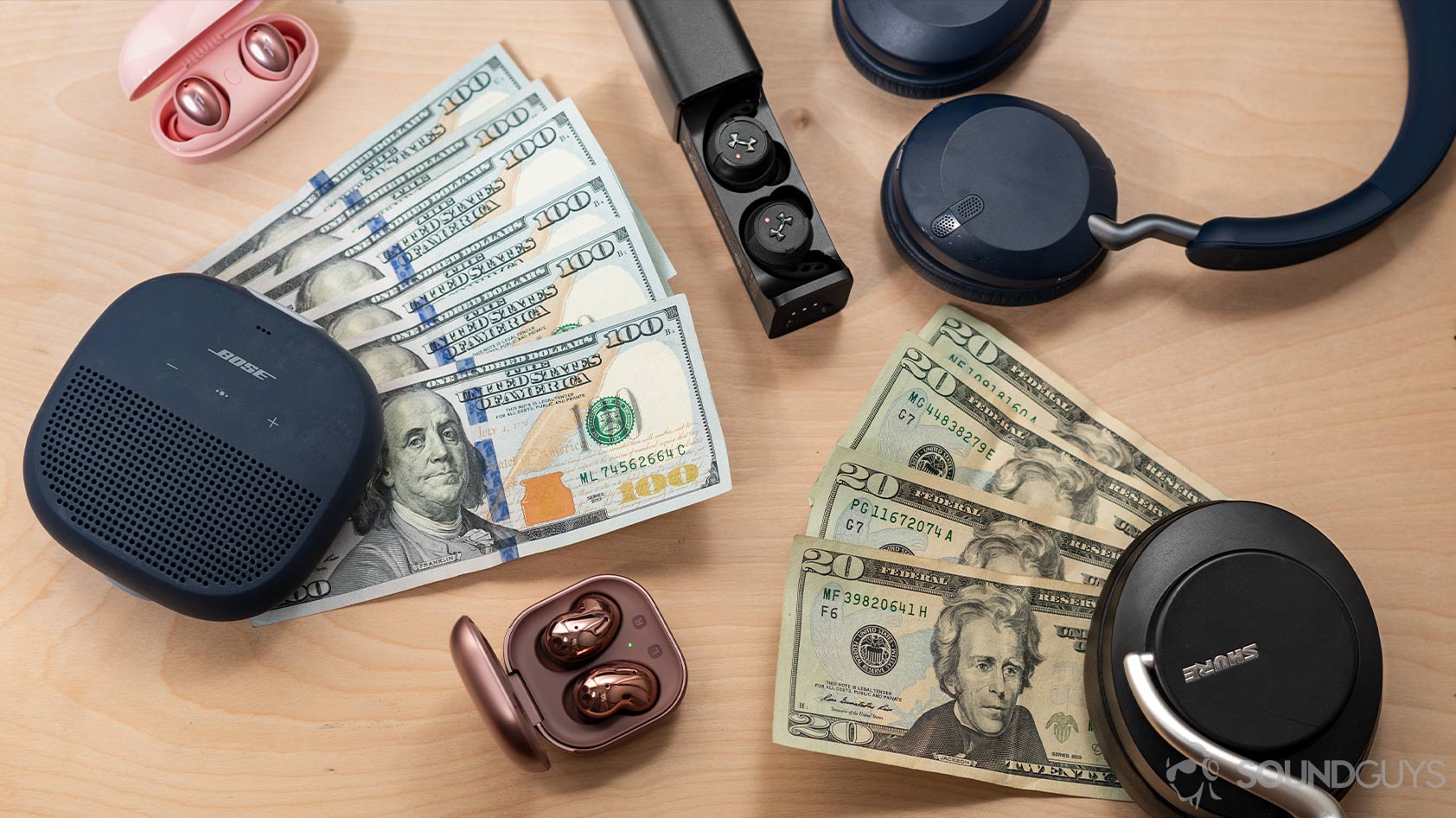
Pre-order announcements are nothing new, but when it comes to headphones (or anything for that matter), the bad usually outweighs the good. Pre-orders can be misleading and usually come with a host of headaches for the customer. At its core, it’s a gamble: do you trust the manufacturer, merchant, and development team to make the product you want without any tradeoffs?
That proposition is a really bad bet. While there are some occasions when pre-ordering is your only option, most of the time it’s simply not worth it.
Editor’s note: This article was updated on August 19, 2022, to update formatting, address FAQs, and include relevant information.
What are the downsides of pre-orders?
When you pre-order something, you’re taking a leap of faith. You’re trusting the company to deliver a product that is worth the asking price. Unfortunately, that’s not always what ends up happening and sometimes you might not even get the product you paid for at all. This is a lesson that many people learn the hard way through crowdfunding campaigns that either fail to take off or deliver a substantially crappier final product than promised.
You don’t know if something is any good

It’s always a good idea to wait until you can experience something for yourself, but this isn’t possible before the item is released. It’s also unrealistic to try everything before you buy it, especially with the rise of online shopping and, let’s just say: “circumstances outside your control.” This is why so many people rely on websites and reviewers they trust, like the team here at SoundGuys, to use a product then catalog their experiences with it. It’s not a perfect substitute for trying something out for yourself, but it’s better than nothing.
If something is bad, you won't know until it's too late.
The problem with pre-orders is that they tend to open before reviewers and websites are even allowed to discuss the product publicly. Why? Embargoes and non-disclosure agreements (NDAs).
While a reporter might have a product in hand, they’re not allowed to discuss it (good or bad) until a certain date and time. In the meantime, the company can accept as many pre-orders as they want. When a product is straight up bad, the customer often won’t know until it’s too late. Take the Microsoft Surface Duo for example.
Ahead of the product’s release, Microsoft sent out loan units under the condition that reviewers could only talk about the hardware, and not the software, as it wasn’t final at that stage. Seems reasonable, right? Well, that provision prevented people from talking about how to use the device, how well it functioned, and whether or not the price tag was really worth it. That led to a lot of YouTube videos with people gushing about the hinge of the device, and… not much else. Pre-orders went live on the same day these first impressions were released, and many people preordered the Duo without a complete picture of what was going on with the device. Reviewers knew that the experience wasn’t great, but couldn’t warn anyone that they should wait on buying one.
While the final consumer software fixed many of the issues reviewers had with these devices, it didn’t fix all of those issues. Because of that, many people who preordered the device were in for an unwelcome surprise.
Unfinished software and bugs
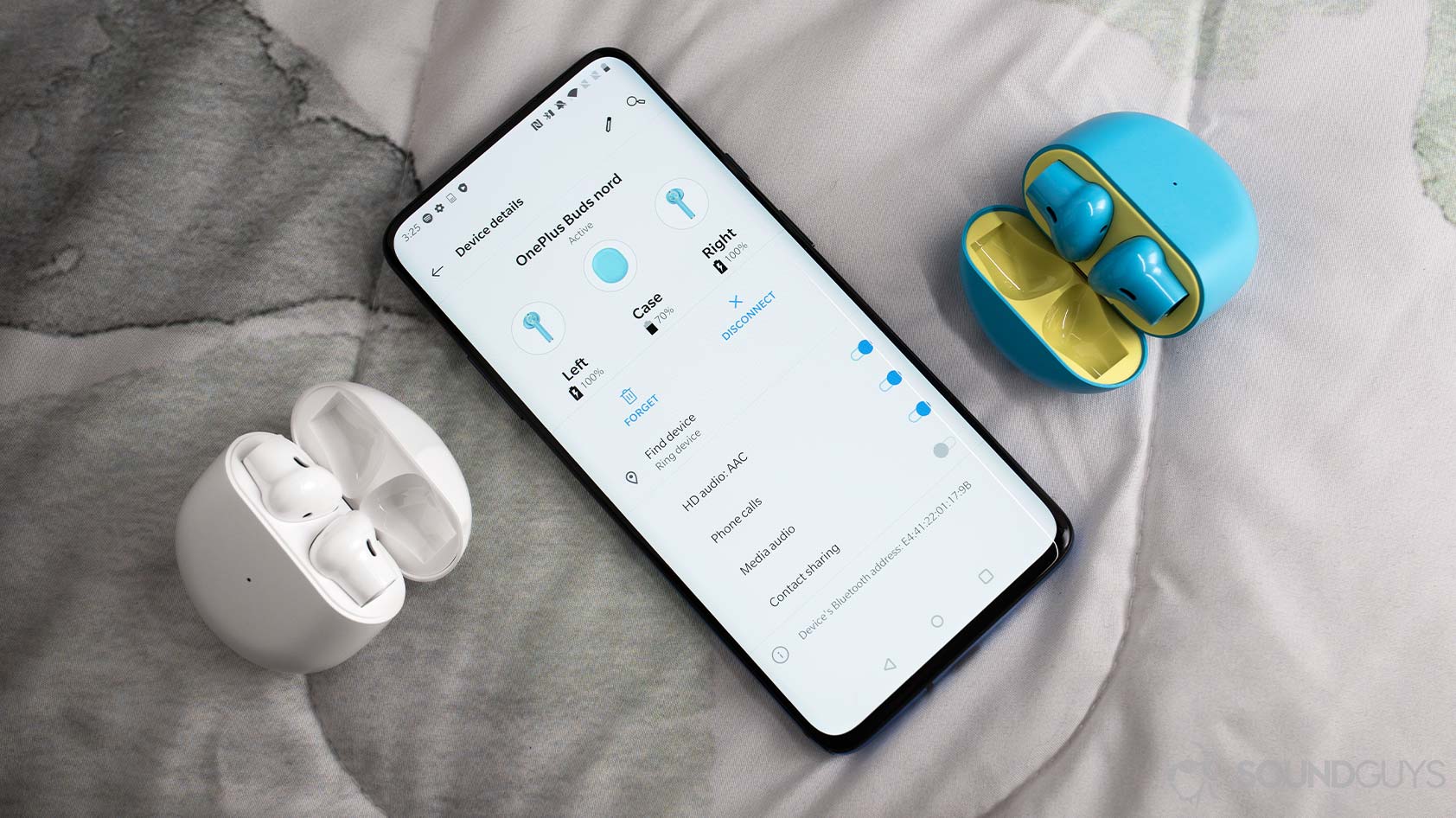
Telling someone from 1980 that they need to update their headphones might have earned you a weird look, but in today’s world that’s normal. Everything from cars to headphones get frequent updates now. This can be a good thing as companies can add features with every update, but that also means that plenty of companies are fine with shipping out a product that isn’t 100% ready.
Be ready to fight some bugs.
Companies know they can always issue a software update at some point to resolve customer-reported issues. Unfortunately, this means that many people who get products first are just beta-testers. If you pre-order something be ready to deal with bugs. This isn’t a big deal if you’re an early-adopter familiar with bug-reporting, but for the average person: this is a mess better avoided.
Limited stock even if you pre-ordered

People tend to think of a pre-order as a reserved spot in line for the product, but that isn’t always the case. A pre-order usually ensures that you will receive something, but it doesn’t always specify when. If a product is in high demand, it doesn’t matter how early you pre-ordered if there isn’t enough stock to begin with.
Additionally, not every retailer holds pre-order stock in such high regard. While major retailers often gladly set aside pre-order stock, others have a more liberal first-come-first-serve policy. If you need proof, look no further than gaming consoles or smartphones. In many cases, people with pre-orders can still end up waiting weeks or sometimes months before they get what they paid for.
Things happen, and products get delayed
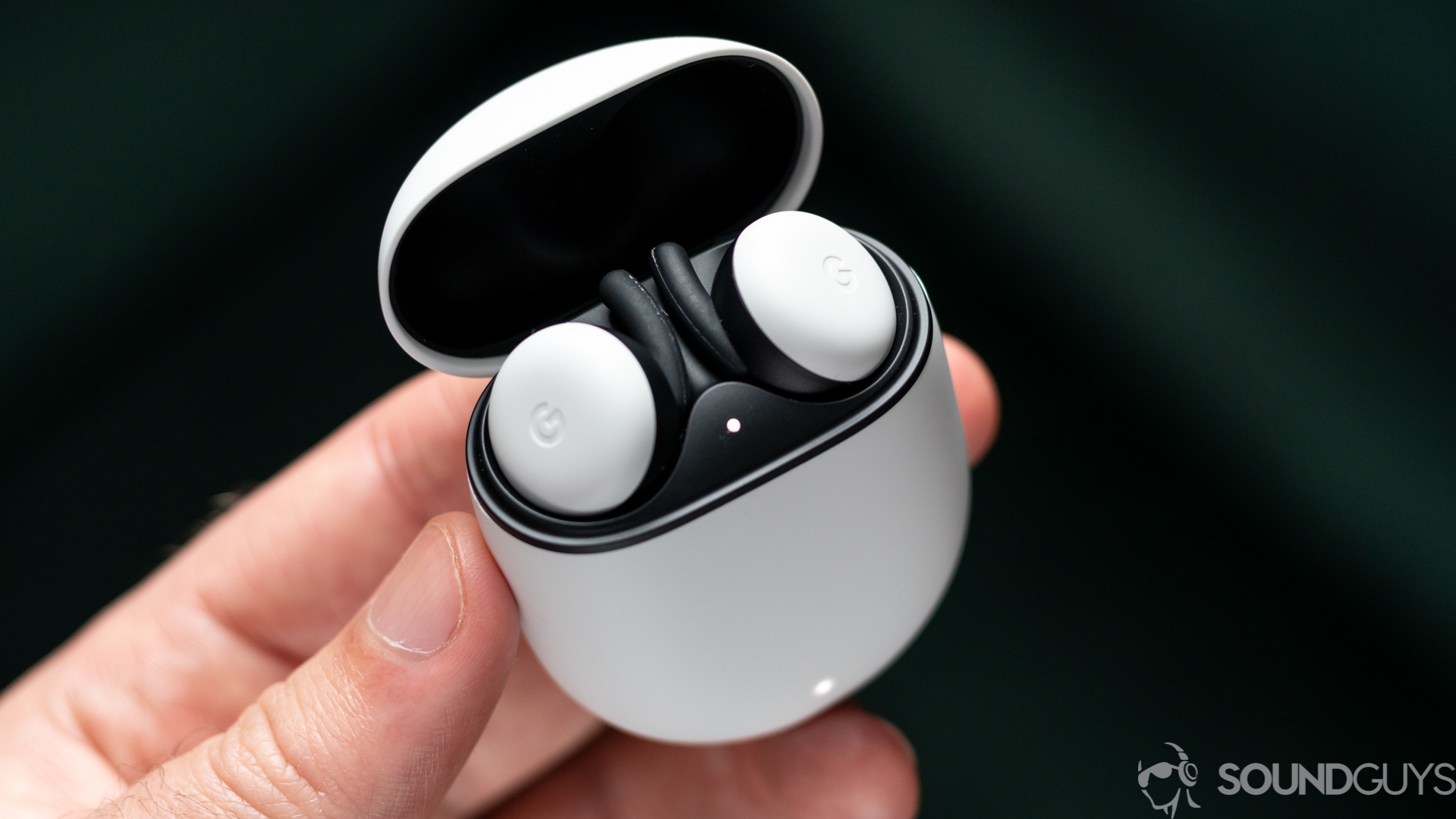
When you pre-order an item, you’re trusting the company to have everything figured out, so the product will get the item on shelves on time. However, we know this isn’t always possible. Manufacturing issues, supply chain interruptions, or any number of unforeseen events could cause a delay. Anyone who has ever backed a Kickstarter campaign should be intimately familiar with dreading each of these potential hiccups.
When it is okay to pre-order something?
It’s not all doom and gloom when it comes to pre-orders, and there are some real benefits to pre-ordering. It’s just that for headphones in particular there’s rarely a situation that’s compelling enough to take the risk.
But it’s your money—so you decide when pre-ordering an item is worth it. This is also dependent on the kind of item you plan to get: a laptop may not offer anything special with a pre-order, but a video game might include some exclusive content that isn’t available with the standard release.
Sometimes pre-ordering comes with perks
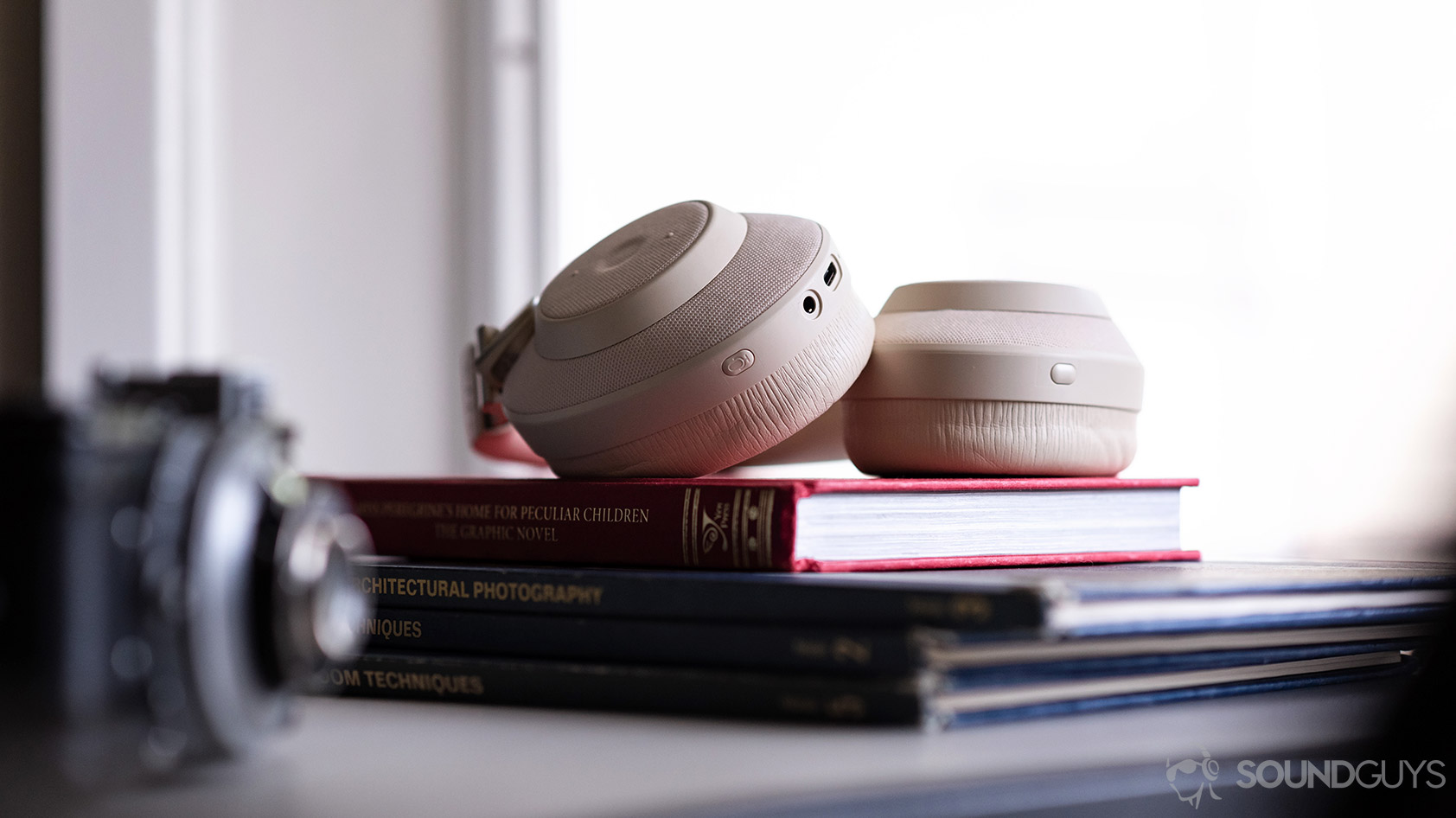
Extra perks are the main benefits of pre-ordering. Whether you’re getting extra downloadable content for a video game, a limited edition item, or a fold-out map with that new fantasy book you’ve been waiting for, sometimes the only way to get certain items is through a pre-order. If the perk in question is something you truly value, then by all means you should go for it.
Another perk to pre-orders is that they sometimes come at a discounted price. While this is mainly to its own benefit, at the end of the day you pay less. Depending on how great the discount, it might be worth the risk especially if it’s an expensive item.
When there are no other options
In some cases, pre-ordering something is the only choice you have if you want a product. Whether it’s because the company is only doing a limited run, or because the item is in such high-demand, some products can be backordered for months. In these situations, you might need to put a down-payment just to get on a waiting list. This might seem crazy if you’re just ordering headphones, but it’s common practice in the automotive and watch manufacturing industries.
But headphones? Save it for an established outlet like Drop. In this example, you can get exclusives at a reduced cost if you’re willing to wait for the company’s bulk order to go through. However, Drop is the exception when it comes to headphone pre-orders, as it mostly deals in audiophile or high-end exclusives meant to leverage the benefits of bulk-ordering units.
Who’s really getting the better deal?
The house always wins
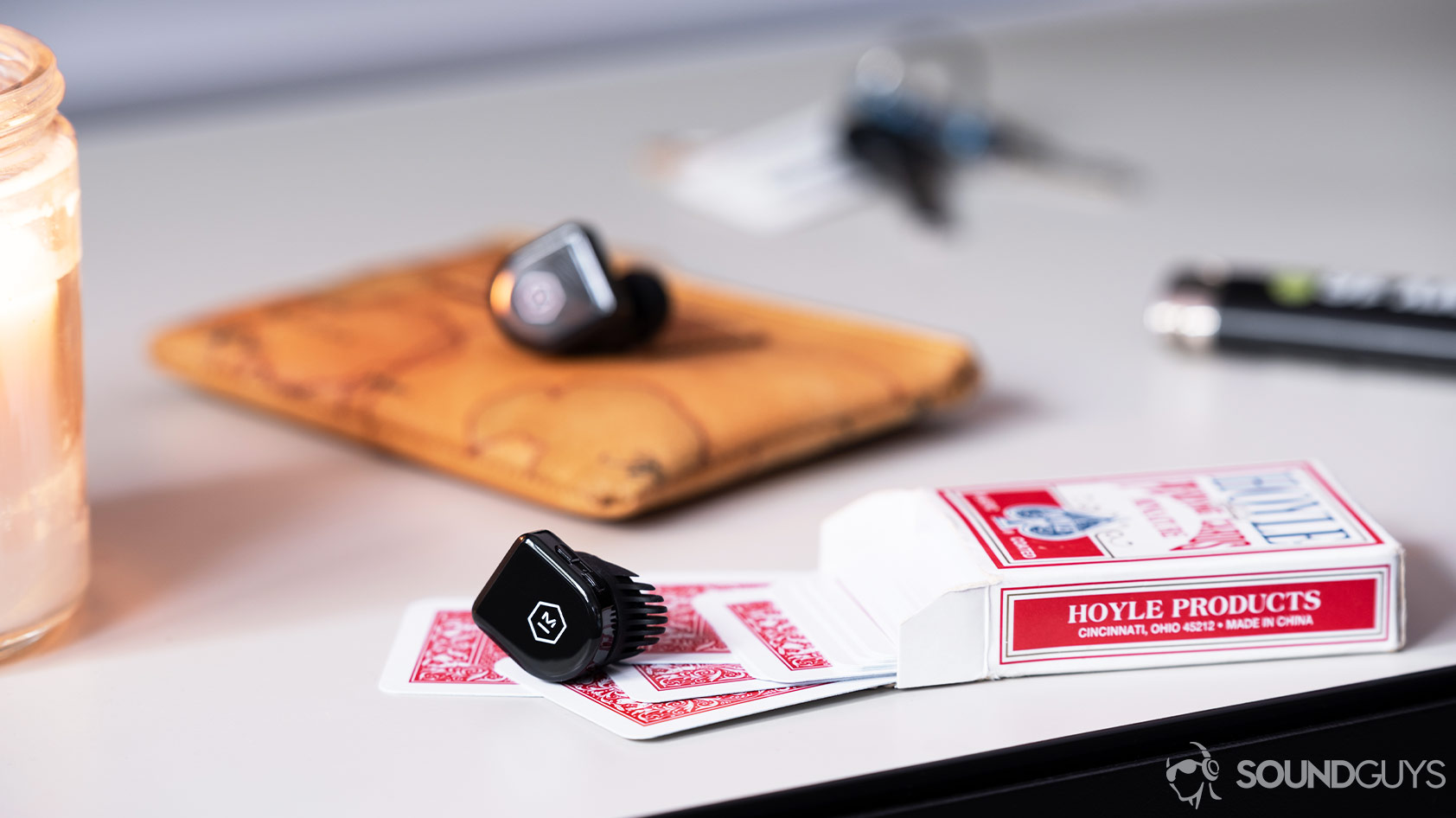
When you compare the issues that come with pre-ordering to the benefits, you have to wonder: Who is actually getting the better deal? The answer is almost always the company.
Companies exist to make money. Running a pre-order on an unreleased product not only puts cash in their bank accounts, but they gain valuable marketing insights. They can then use those stats to make better informed decisions about where to spend their ad money. For example, if a company gets data that most of the people pre-ordering their product are in a certain age range, they can buy more ads that will target that same age range. In short, a company profits twice off your dollar.
Patience is a virtue
This may seem like an obvious conclusion, but that doesn’t make it any less true. Waiting just a little longer so that you can read the full review or check something out for yourself can save you some headaches. Not to mention the cash you’ll save if you can wait long enough to catch a good sale. While there are some benefits to pre-ordering, most of the time it just isn’t worth the risk.
Frequently asked questions about pre-ordering headphones
You can usually pre-order headphones directly from the company’s website, such as with the upcoming Sennheiser MOMENTUM 4 Wireless. You can also sometimes pre-order headsets from local retailers depending on your region.
Once the product is released and you have it in your hands, it will be under the same return policy as a product you bought directly. Unless the company states otherwise, pre-ordering a pair of headphones doesn’t inhibit you from being able to return a product as long as that company allows returns.